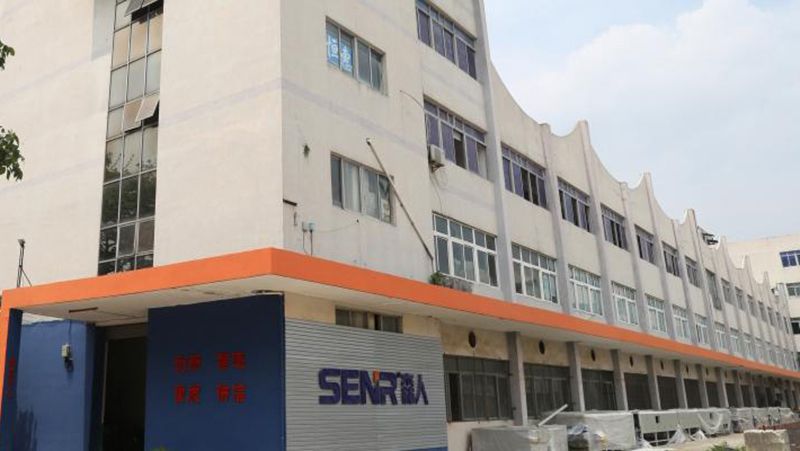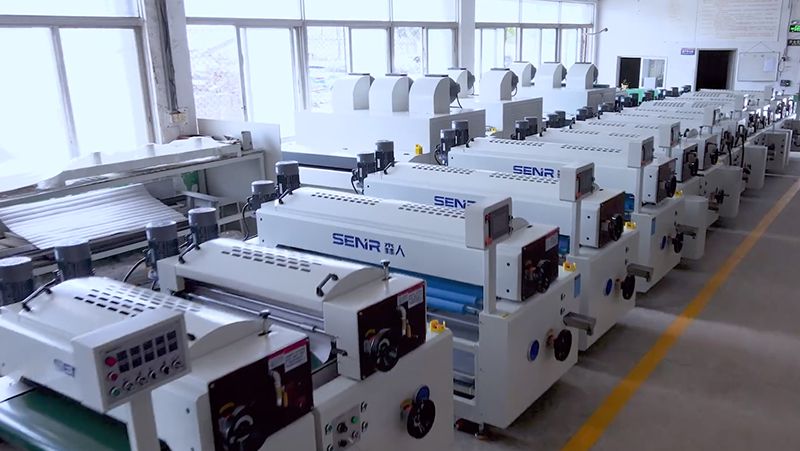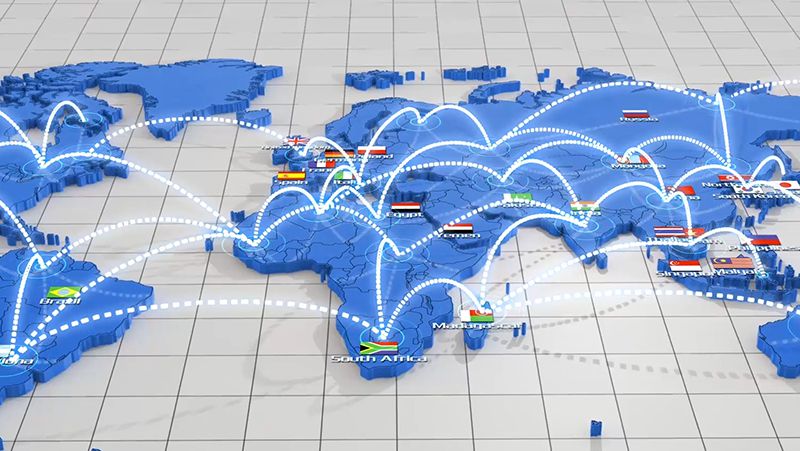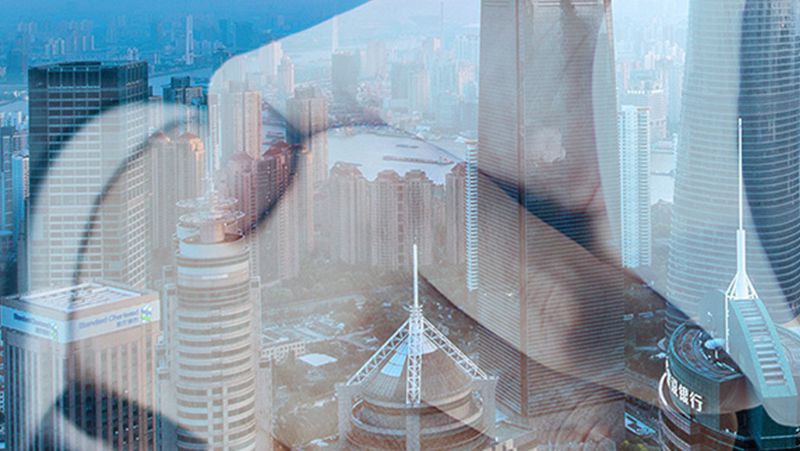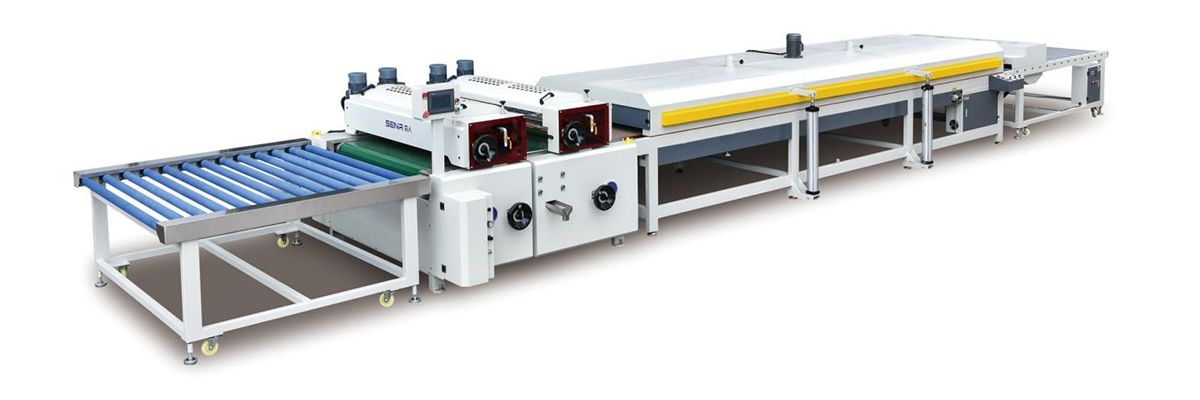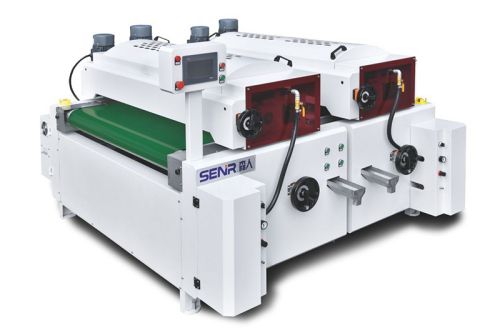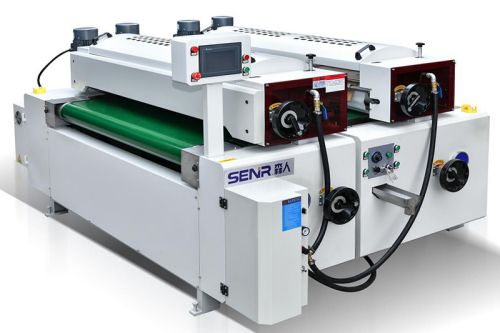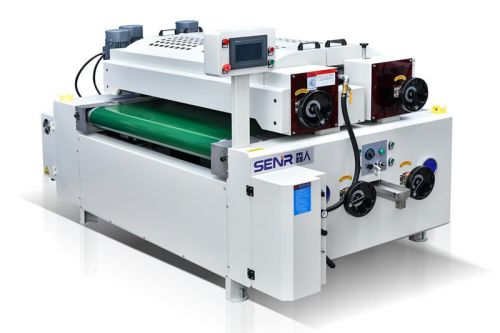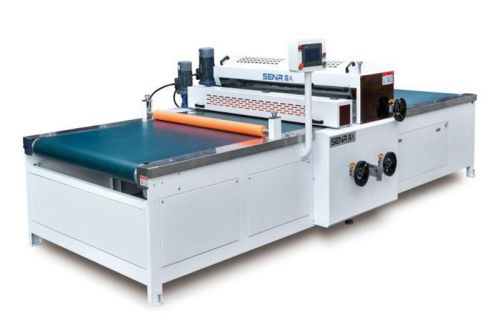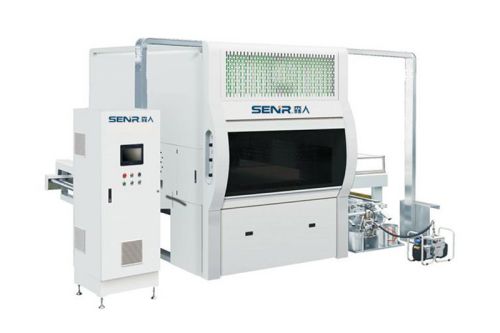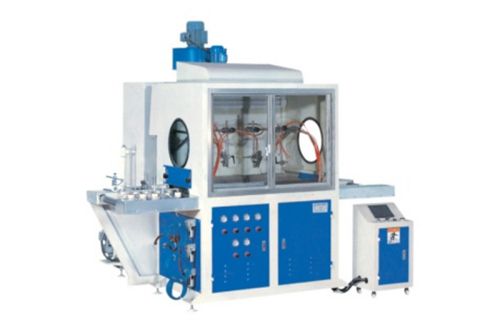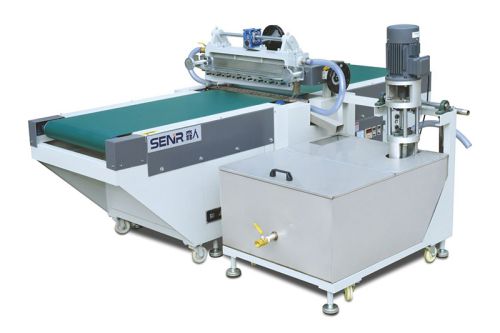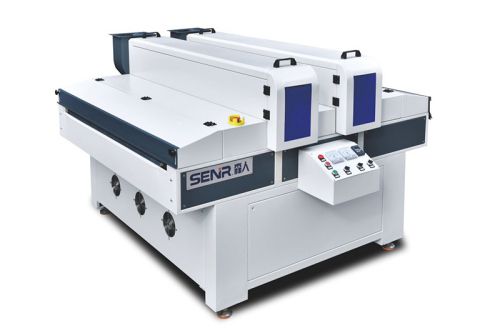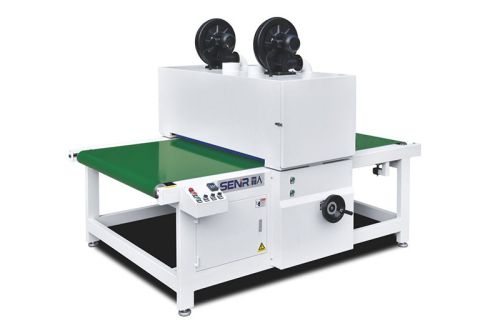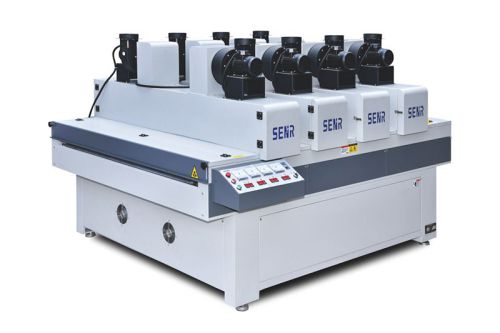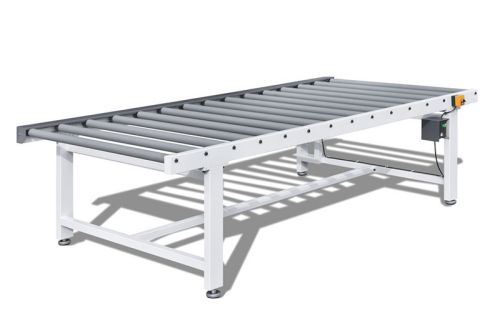What is roller coating?
What is roller coating?
Roller coating is a coating process used to apply liquid paints, inks, or other coating materials evenly onto flat or rolled substrates. It's an automated, cost-efficient process requiring minimal labor to create uniform thin layers on the material's surface.
What are the benefits of roll-to-roll coating?
What are the benefits of roll-to-roll coating?
Roll-to-roll coating is an efficient method for processing large surfaces, offering advantages like consistent coating quality, high production efficiency, and suitability for various types of coatings. It's ideal for large area substrates like rolls and sheets.
Which materials are suitable for roller coating?
Which materials are suitable for roller coating?
Most flat objects, such as doors, glass windows, and wooden floors, are suitable for roller coating. The process can be applied to materials like glass, stainless steel, wood, plastics, and cork.
Can I also coat shaped panels with a roller?
Can I also coat shaped panels with a roller?
With our specially designed roller coating equipment, it's possible to apply UV primers on cabinets and specially shaped doors in certain cases.
Can I have a roller coating machine and a spray coating machine in the same line?
Can I have a roller coating machine and a spray coating machine in the same line?
Yes, coating lines typically comprise roller machines for base coats and spray machines for surface treatments, offering a comprehensive solution.
What finishes can I achieve using surface finishing lines?
What finishes can I achieve using surface finishing lines?
Using roller coating technology, you can achieve various levels of smoothness on flat surfaces, whether transparent or colored, matte, semi-gloss, or glossy.
What do I need besides the roller coating machine in my finishing line?
What do I need besides the roller coating machine in my finishing line?
Each roller coater downstream requires a gel/drying machine, which can be a UV or hot air oven, depending on the type of coating applied. Additionally, machines for sanding primers, cleaning panels with brush machines, and conveyors are also needed.
What's the most suitable edge finishing solution?
What's the most suitable edge finishing solution?
For high-quality coating on straight edges with radii and unique shapes, vacuum technology is required. Roller technology is more suitable for smaller-radius straight edges.
Which coated materials need drying?
Which coated materials need drying?
All coated materials require drying. The type, duration, and method of drying depend on the paint's properties and quantity.
How many and what types of drying are there?
How many and what types of drying are there?
There are two main categories of coating drying: physical drying and chemical drying. The former relies on hot air, airflow speed, and time, while the latter requires a light source, usually lamps. Some paints require both methods for drying.
What is meant by excimer drying?
What is meant by excimer drying?
Excimer drying is a drying process for UV coating products that achieves a truly excellent deep matte finish on surfaces.
What is meant by inert atmosphere drying?
What is meant by inert atmosphere drying?
Inert atmosphere drying is achieved by significantly reducing the amount of oxygen in the oven and replacing it with inert gas, like nitrogen. This type of drying can reduce the photoinitiator amount needed for UV coatings to start the crosslinking process by 40-70%, significantly saving costs.
What are the advantages of drying in an inert atmosphere?
What are the advantages of drying in an inert atmosphere?
Besides substantially reducing the need for photoinitiators and thereby lowering paint costs, inert atmosphere drying has other benefits. The paint used is less harmful to the environment. Yellowing effects caused by photoinitiators are less likely to occur. Fewer UV lamps are needed to activate crosslinking, reducing energy costs.
On which materials can I spray coat?
On which materials can I spray coat?
- The coating must be matched with the substrate material to ensure proper adhesion.
- The size of the coated workpiece must be able to pass through the spraying system.
What are the advantages of spray coating?
What are the advantages of spray coating?
- Firstly, the spray coating process ensures that all sides of a workpiece are covered.
- Secondly, the shape of the product doesn't matter, and since it's a non-contact-type coating, different tolerances between products are automatically compensated.
How simple is it to use a spray coating machine?
How simple is it to use a spray coating machine?
It depends on the type of spraying machine, the type of conveyor (paper or continuous belt), and the type of filter (paper or water). The basic steps include setting up the spraying equipment, adjusting the spray guns, preparing the coating material, doing a test spray, and then proceeding with the actual spraying operation. It's relatively simple but still requires some professional skill training.
What are the advantages of a dual roller coating machine?
What are the advantages of a dual roller coating machine?
Due to the use of dual coating rollers, the liquid can be circulated and more evenly covered on the panel, resulting in no paint waste, more environmental friendliness, and higher processing efficiency.
What types of paint can a dual roller coating machine use?
What types of paint can a dual roller coating machine use?
Dual roller coating machines can use UV, PU, PE, water-based paints, and adhesives.
What substrates can be processed with a dual roller coating machine?
What substrates can be processed with a dual roller coating machine?
Dual roller coating machines can process wood, glass panels, metal sheets, PVC boards, marble, and other materials.
What materials can a three-roller coating machine coat?
What materials can a three-roller coating machine coat?
This is a continuous surface coating system that uses multiple roller coatings to achieve thicker coatings. It can coat wood panels, glass panels, metal sheets, and other panel materials.
What is a UV coating?
What is a UV coating?
A UV coating, also known as ultraviolet coating, is a transparent, glossy liquid applied to printed materials. This coating is a popular printing technique used to protect items that are frequently handled during delivery.
What is the difference between UV coating and PU coating?
What is the difference between UV coating and PU coating?
PU coating has excellent resistance to chemicals, acids, alkalis, salts, and petroleum products, and is less prone to cracking and peeling. UV coating is known for its high hardness, good wear resistance, transparency, scratch resistance, and rub resistance.
What is the difference between aqueous coating and UV coating?
What is the difference between aqueous coating and UV coating?
Aqueous coating is generally used in places with higher environmental requirements, and it requires a longer drying time. UV coating uses ultraviolet light to cure the coating, which is very easy to cure and harden, and has good wear resistance and chemical resistance. It's commonly used in the printing industry, packaging industry, woodworking industry, etc.
What is a UV roller coating system?
What is a UV roller coating system?
A UV roller coating system typically consists of roller coaters located downstream of UV ovens and upstream sanding machines. These coating lines can be customized according to specific requirements and are very suitable for manufacturers who need to repeatedly process the same large batches of products.
What are the main characteristics of roller coating systems?
What are the main characteristics of roller coating systems?
- The settings of the coating machine are very simple and easy to operate.
- Less downtime and higher efficiency, resulting in a higher return on investment for users.
- The spraying system is very easy to maintain.
- The spraying process of the spraying system is very easy to control to ensure paint consumption and quality assurance.
Where can roller coating be used?
Where can roller coating be used?
Roller coating can be used for surface finishing of different materials in many industries. In particular, it is the ideal solution for processing flat panels. Some of the areas using this technology include:
- Woodworking industry
- Ceramic manufacturing industry
- Metal sheet processing industry
- Cardboard processing industry
- Furniture manufacturing
- Plastic sheet and film manufacturing, etc.
What are the advantages of surface finishing technologies in the furniture industry?
What are the advantages of surface finishing technologies in the furniture industry?
Using surface finishing technologies has promoted the development of new furniture products. Our more flexible, reliable, and efficient coating production lines can produce higher quality furniture and furniture panels, improving the processing efficiency of furniture manufacturing enterprises, as well as higher quality surface treatments, making furniture products more popular with buyers.
What are the advantages of surface finishing technologies in the flooring industry?
What are the advantages of surface finishing technologies in the flooring industry?
- Using reliable finishing technologies can ensure the durability and wear resistance of the floor, and also have higher floor processing efficiency!
- We focus on customer requirements and achieve the desired floor quality through individually planned coating production lines and unique coating production processes.
What are the advantages of surface finishing technologies in the glass industry?
What are the advantages of surface finishing technologies in the glass industry?
- Glass coating is becoming more and more important in the glass manufacturing industry and can achieve the diversity of glass applications.
- We use more efficient glass panel finishing systems to shorten glass coating times for glass manufacturing enterprises, as well as to achieve more types of glass processing.
How does an automatic spray coating line help me eliminate production costs?
How does an automatic spray coating line help me eliminate production costs?
The most important cost factor in the coating process is paint consumption. We improve paint recovery systems, increase paint recovery rates, and intelligent paint systems can help you monitor paint consumption in real time.
Which coating process is ideal for my products? Can you design a tailored solution for me?
Which coating process is ideal for my products? Can you design a tailored solution for me?
Certainly, our design team can help you find the right coating solution based on your spraying needs. Please click "Contact Us" and leave your contact information so that our coating technicians can contact you for further discussion.

